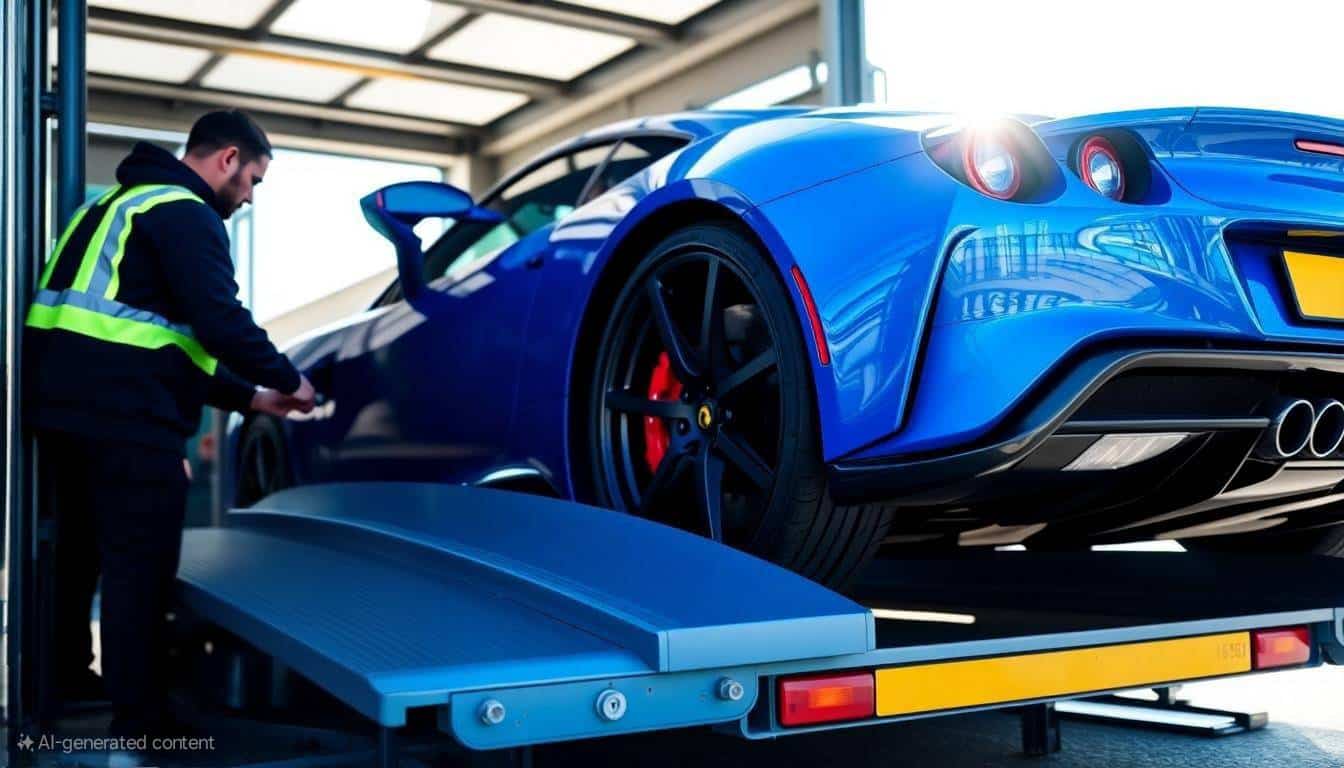
Financial hardship, an unfortunate reality that can affect individuals from all walks of life, often arrives unbidden and can quickly cascade into a series of deeply unsettling and life-altering events. Among these, the threat and eventual reality of vehicle repossession stand out as particularly distressing. This isn’t merely the loss of an asset; it represents a significant disruption to daily life, impacting everything from commuting to work and school to running essential errands and maintaining social connections. The experience of facing repossession, from the initial notices of default to the eventual seizure of the vehicle, can be profoundly stressful, overwhelming, and even humiliating. However, amidst this turmoil, it’s crucial to remember that a degree of control can be reclaimed through knowledge and proactive measures. By meticulously understanding the legal frameworks governing vehicle repossession, the specific terms of your loan agreement, and the procedural steps involved, you empower yourself to protect your fundamental rights. Furthermore, a clear grasp of the situation can illuminate potential avenues for negotiation, explore alternative solutions, and potentially salvage what might initially appear to be an unsalvageable situation, ultimately mitigating the dire consequences of financial distress.
What is Vehicle Repossession?
Vehicle repossession occurs when a lender takes back a vehicle because the borrower has defaulted on their loan payments. This typically happens when you’ve missed multiple payments, and the lender has exhausted other options, such as sending you warning letters or calling to discuss payment arrangements.
The Legal Process of Repossession
In South Africa, vehicle repossession is a legal process that must be followed strictly. Here’s a breakdown of the steps involved:
- Notice of Default: The lender will send you a formal notice informing you that you’re in default on your loan. This notice will outline the steps they intend to take, including repossession.
- Demand Letter: If you continue to miss payments, the lender may send you a demand letter, which is a more serious warning. This letter will typically specify a deadline for you to pay or enter into a repayment plan.
- Summons and Warrant of Execution: If you still fail to comply, the lender can take legal action by filing a lawsuit against you. A court will then issue a summons, which is a legal document that informs you of the lawsuit. If you don’t respond to the summons or if the court rules in favour of the lender, a warrant of execution will be issued, authorising the repossession of your vehicle.
- Repossession: A repossession agent will then come to take your vehicle. This can happen at your home, work, or wherever the vehicle is parked.
Your Rights as a Borrower
While vehicle repossession can be a daunting process, it’s important to know that you have rights as a borrower. Here are some key points to remember:
- Right to Negotiate: Before the repossession process begins, you have the right to negotiate with your lender to work out a payment plan or other arrangement.
- Right to Legal Representation: If you’re facing legal action, you have the right to seek legal advice and representation.
- Right to Fair Treatment: Lenders must follow specific procedures and regulations when repossessing a vehicle. If you believe that your rights have been violated, you can take legal action against the lender.
Preventing Repossession
The best way to avoid vehicle repossession is to stay current on your loan payments. However, if you’re facing financial difficulties, here are some tips to help you prevent repossession:
- Contact Your Lender: If you’re struggling to make your payments, contact your lender as soon as possible. They may be willing to work with you to create a payment plan or modify your loan terms.
- Consider Refinancing: Refinancing your loan can help you lower your monthly payments or extend your loan term.
- Sell Your Vehicle: If you can’t afford to keep your vehicle, selling it privately or trading it in can help you pay off your loan.
Conclusion
Vehicle repossession can have serious financial and emotional consequences. By understanding the process and taking steps to protect your rights, you can increase your chances of avoiding repossession or minimising its impact. If you’re facing financial hardship, don’t hesitate to contact us. Remember, early action is key to preventing repossession and safeguarding your financial future.


Recent Comments